For millions of Kolkatans, the city’s local buses are more than just a mode of travel—they are the city’s very lifeline. Yet, over the past few years, this lifeline has weakened. With thousands of buses missing from the roads, irregular schedules, overcrowding, and safety concerns, commuters are left anxious and exhausted. Senior citizens struggle to find a seat, women worry about traveling after dark, and young professionals remain frustrated by unreliable service. Into this reality stepped a group of freshers from the School of the Future at Techno India University, who dared to ask: What if we could reinvent the Kolkata bus experience?
Their answer was Xen Club—a project that earned them a place among the Top 6 finalists of Sandbox CCU 2025. Led by Satadru Addya, the team designed a Smart Bus Innovation that combines technology, sustainability, and inclusivity to transform daily commuting.
The Problem: A Bus System in Crisis
Through extensive research, the team uncovered a stark reality: Kolkata’s bus fleet had shrunk by nearly 5,000 in the last five years. This meant longer waits, jam-packed rides, and mounting dissatisfaction. Commuters like Prabir Mukherjee, an elderly passenger, admitted that bus travel had become a burden, while young professionals such as Ananya Sen highlighted the unpredictability of schedules and the heightened safety concerns for women.
“This research revealed the reality that the city of Kolkata needs not just the augmentation of buses’ number, but an intelligent, secure, and inclusive transport system,” explained Satadru.
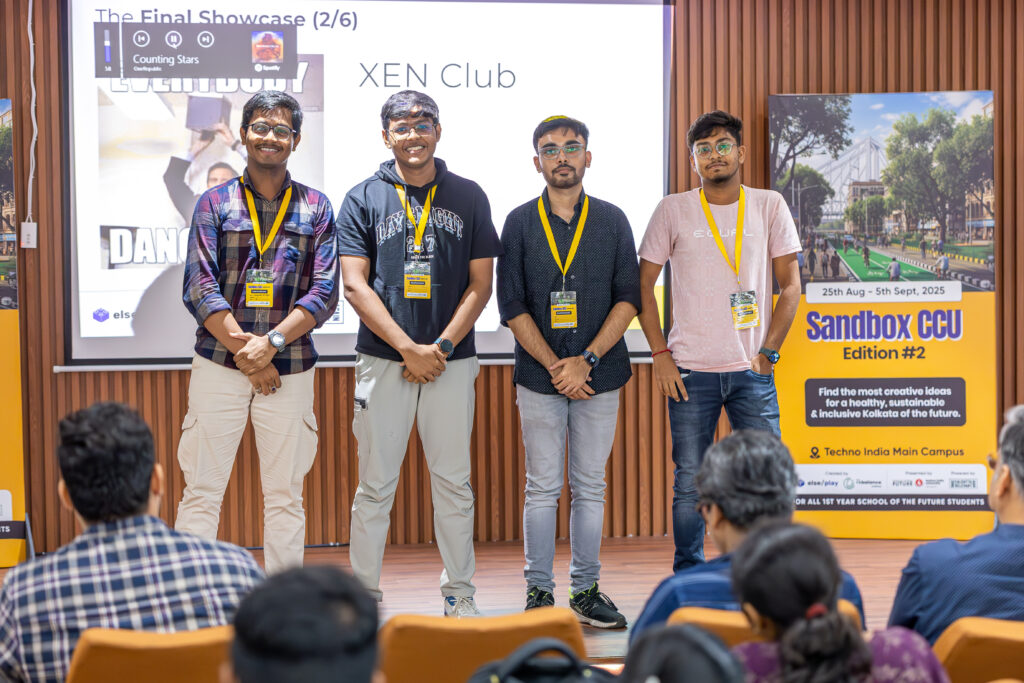
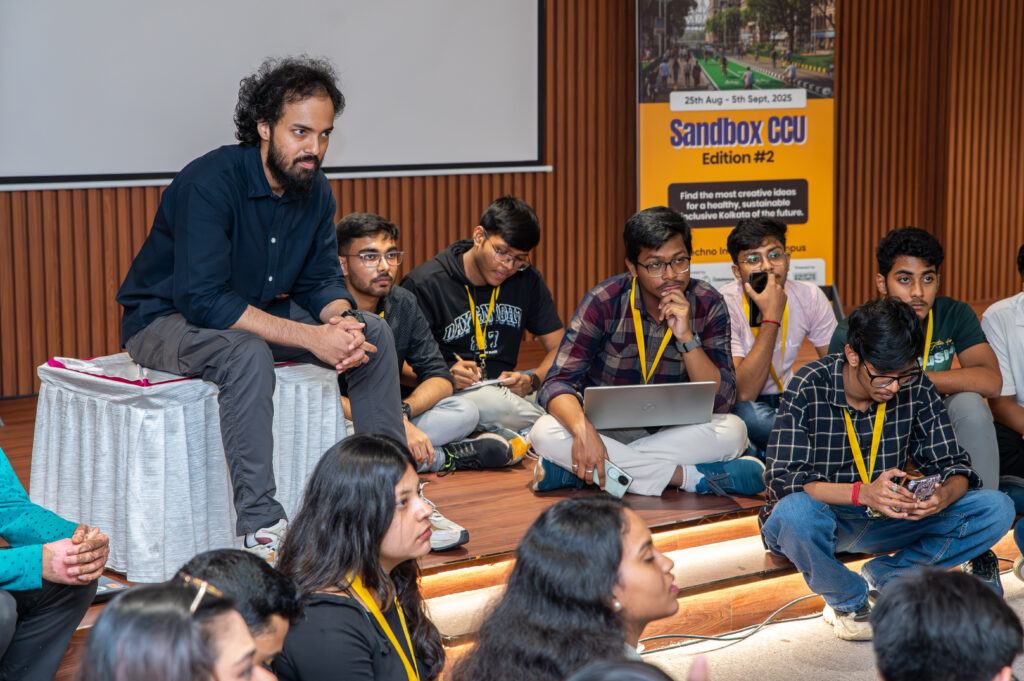
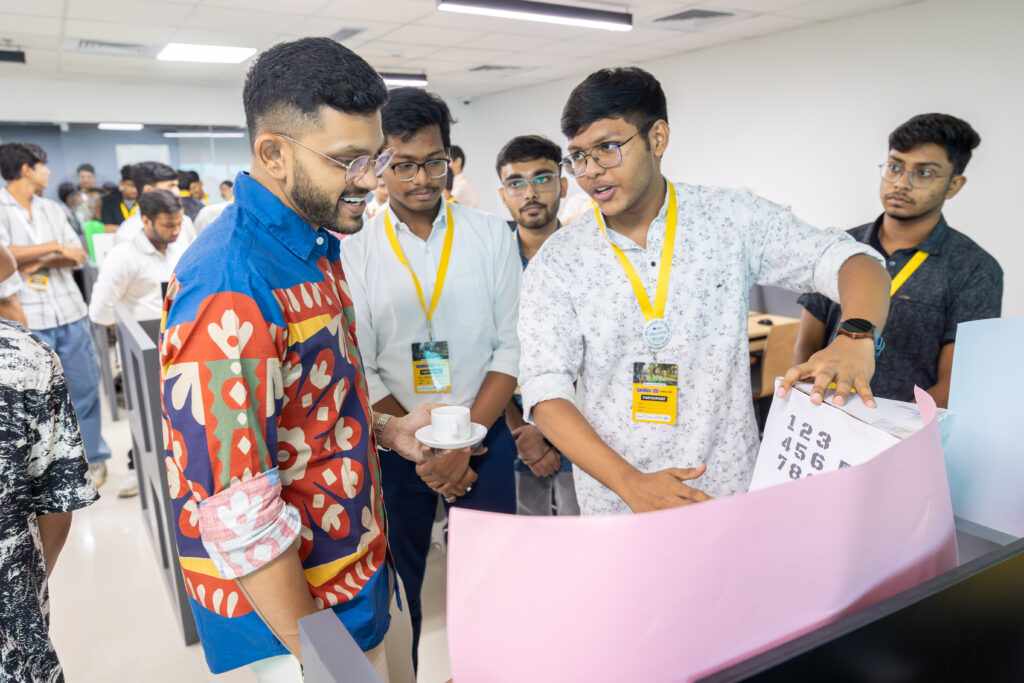
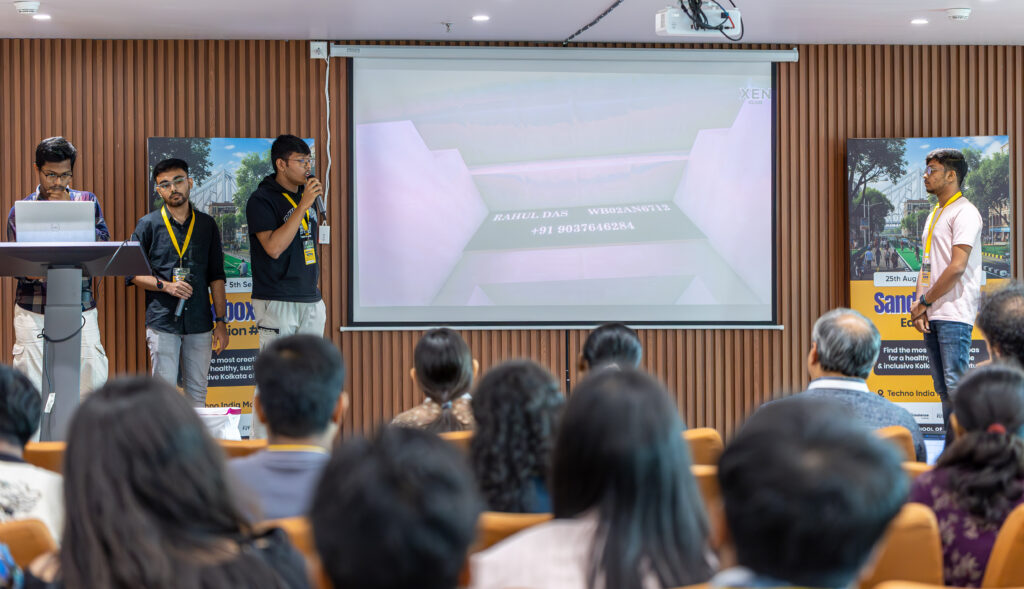
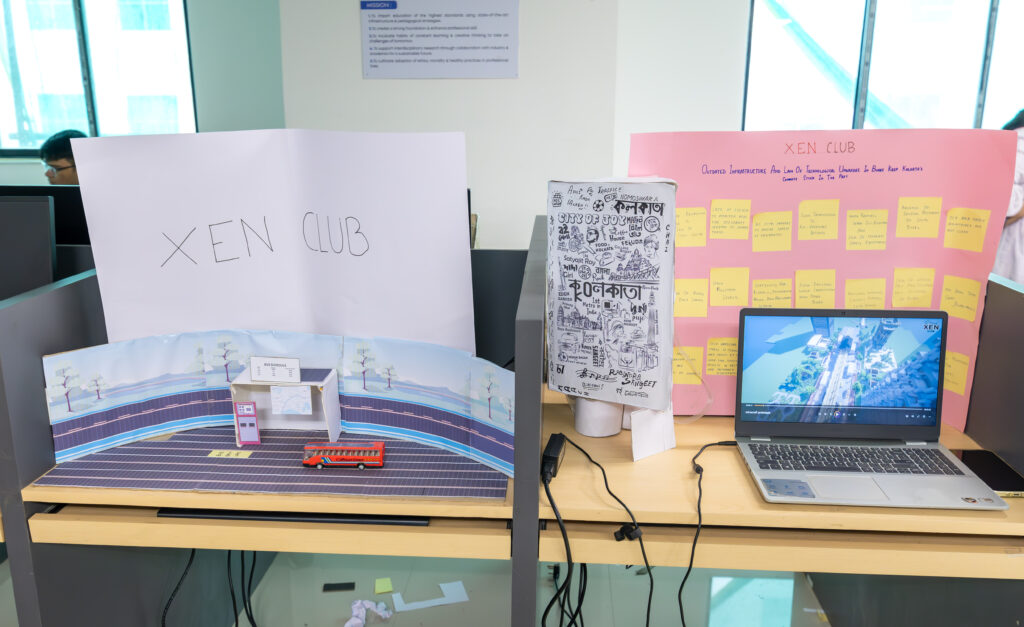
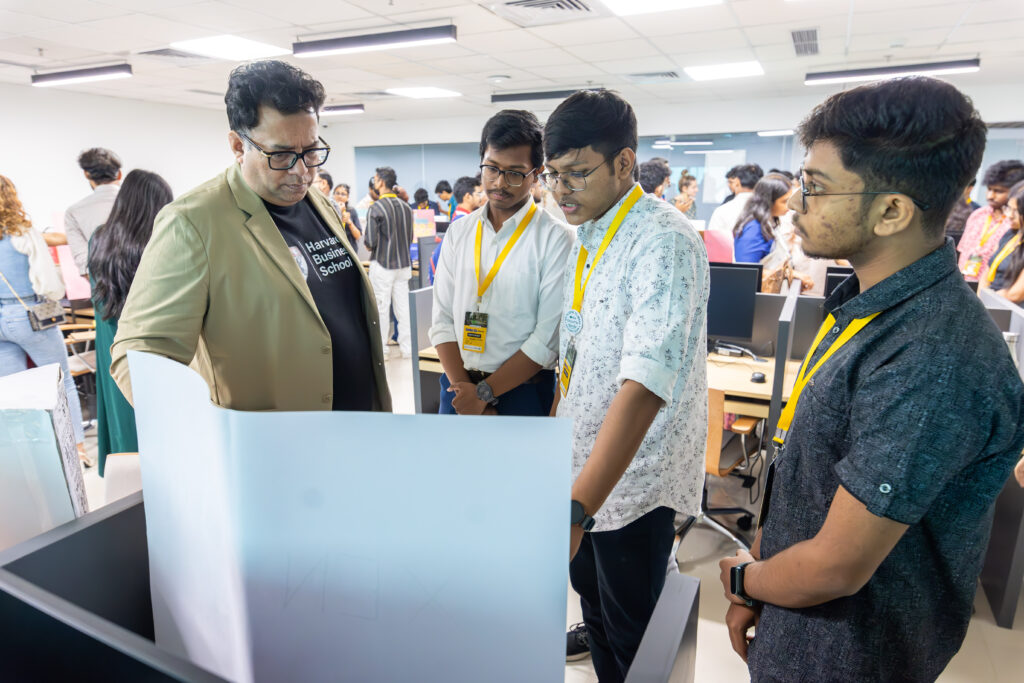
The Xen Club Prototype: An Enhanced and More Secure Bus Network
In response, Xen Club established a holistic transport innovation framework, unifying technology, safety, and sustainability:
Automatic Ticket Vending Machines– Scrapping paper tickets, advance cash handling, and maximizing revenue transparency.
Intelligent Bus Shelters with Display– One screen provides the latest seating capacity and bus arrival times, and another provides real-time GPS monitoring enabling passengers to see the bus arrival time precisely.
Solar-Powered Stands and Buses– Solar photovoltaic panels generate clean renewable power, helping Kolkata transition toward clean energy sources.
SOS Panic Buttons and CCTV Cameras– Installed on buses and stands for the safety of passengers, especially women and the aged.
Senior & Differently-Abled Friendly Design– Additional seats and convenient accessibility features for accessible travel.
Waste Bins and Sanitation Program– Fostering a clean environment for passengers.
Women-Only Bus Module– Following the example of Delhi’s pink buses but tailored for Kolkata, providing privacy, safety, and dignity for women passengers.
“Our model is not just a plan on paper — we created a ‘3D prototype and a Minecraft simulation’ to show exactly how this system will look and function,” Satadru added.
Beyond Innovation: A Journey of Confidence
For the Xen Club team, Sandbox CCU was more than just a platform to present their idea—it was a journey of personal growth. Satadru candidly shared, “At school, I suffered from severe stage fear. But via Sandbox CCU, we performed thrice—initially among the top 30, then the top 10, and finally at the top 6 finals. It eliminated my fear and gave our whole team immense confidence.”
He credited their mentors, Rohaan Goswami, who introduced the idea of using Minecraft to make their prototype engaging, and Pauline Laravoire, who guided them through presentations and encouraged them to overcome stage fright. Their mentorship transformed Xen Club’s idea into a well-rounded innovation that impressed judges and peers alike.
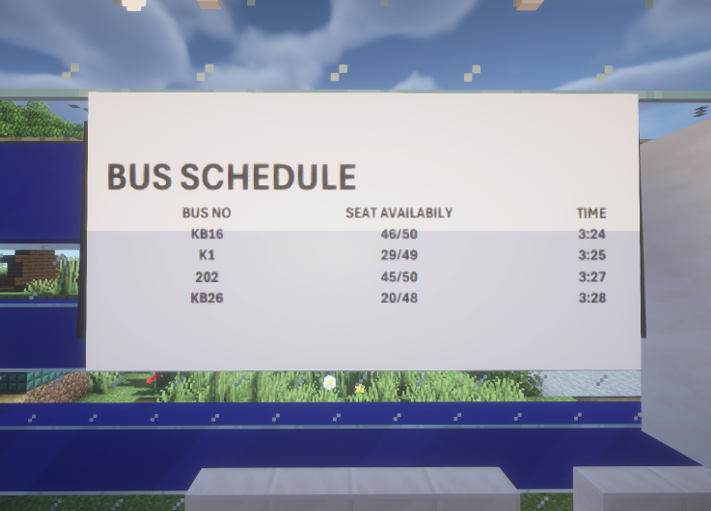
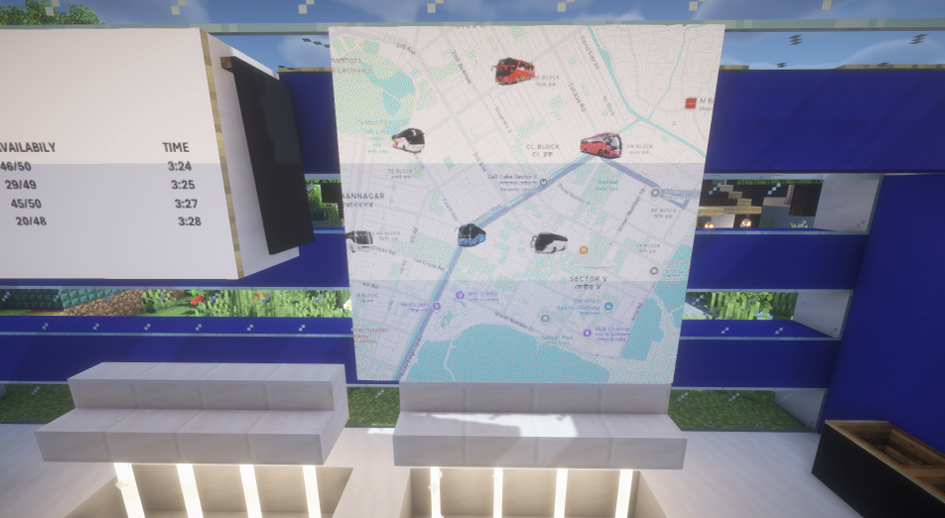
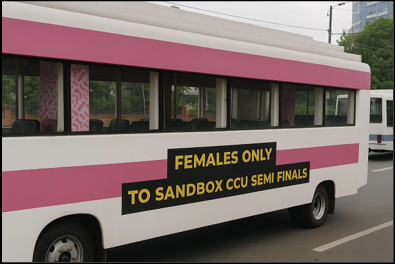
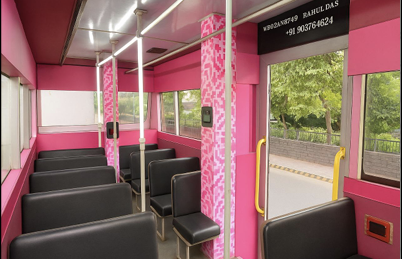
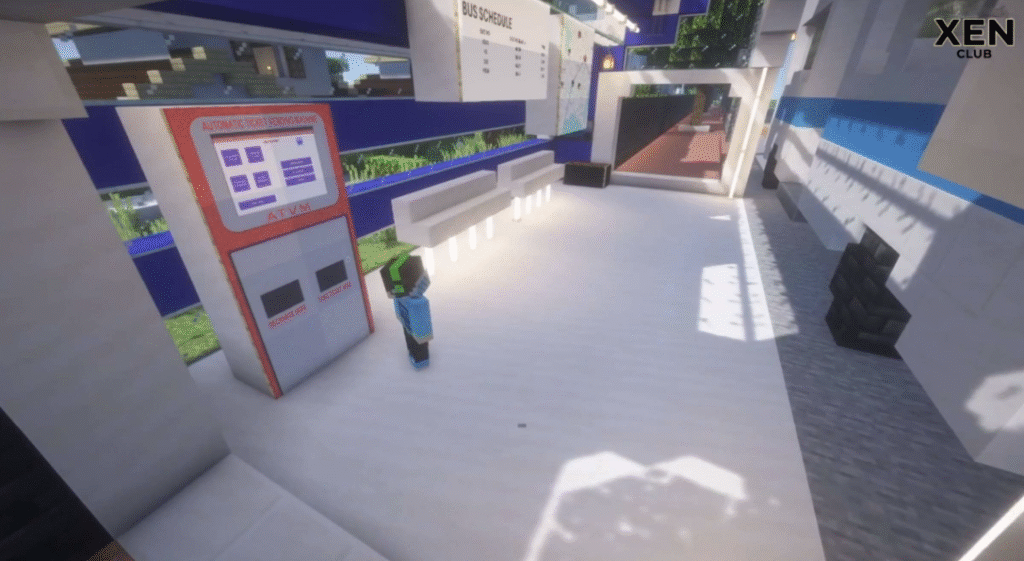
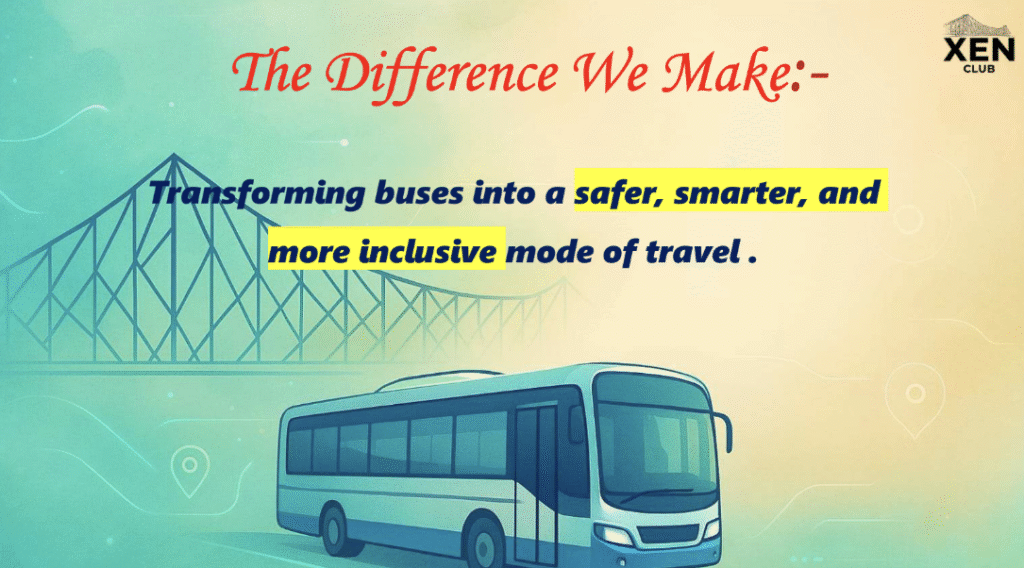
The Vision: A Better Kolkata
At its core, Xen Club’s Smart Bus Innovation is about more than technology—it’s about restoring dignity and trust to public transport. Their vision is to create a system that is safe, reliable, and environmentally sustainable, while ensuring accessibility for the elderly, differently-abled, and women.
“When skills and opportunity cross, success is inevitable,” Satadru reflected. “Our prototype should encourage the government and transport departments to implement such solutions and make the buses of Kolkata world-class.”
The story of Xen Club embodies what Sandbox CCU (2nd Edition) is all about: empowering young students to become changemakers by applying design thinking to real-world problems. With projects like this, the future of Kolkata’s daily commute looks promising—where buses run on time, journeys are safer, and even the act of waiting at a stop becomes smarter and more sustainable.


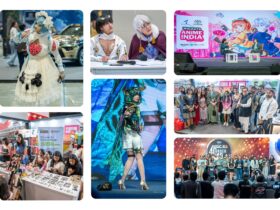
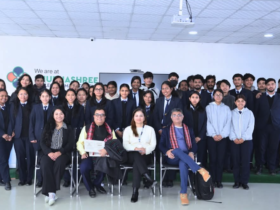
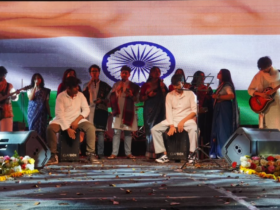
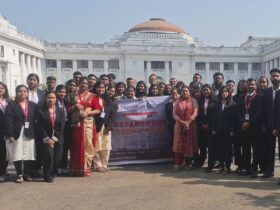
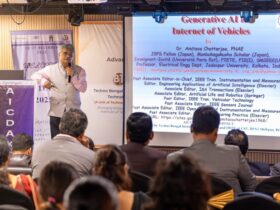
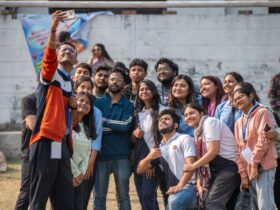
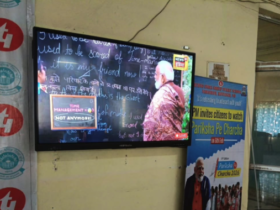

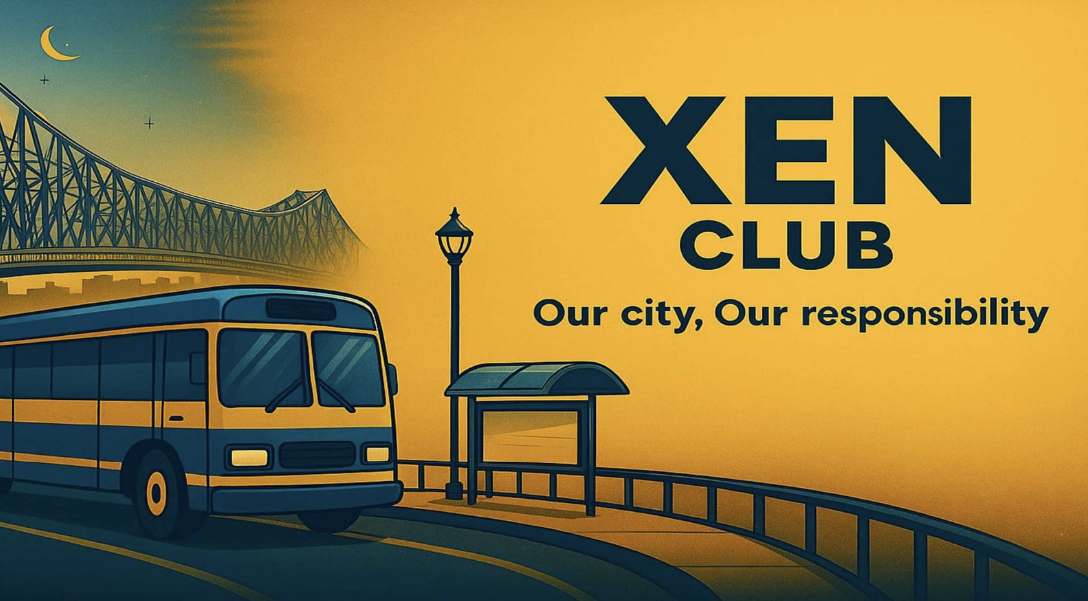

Leave a Reply